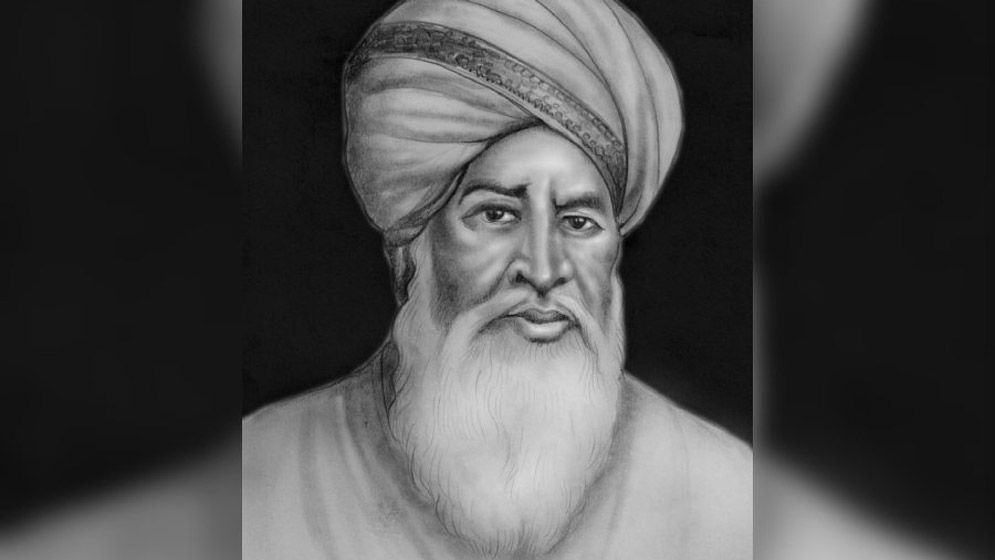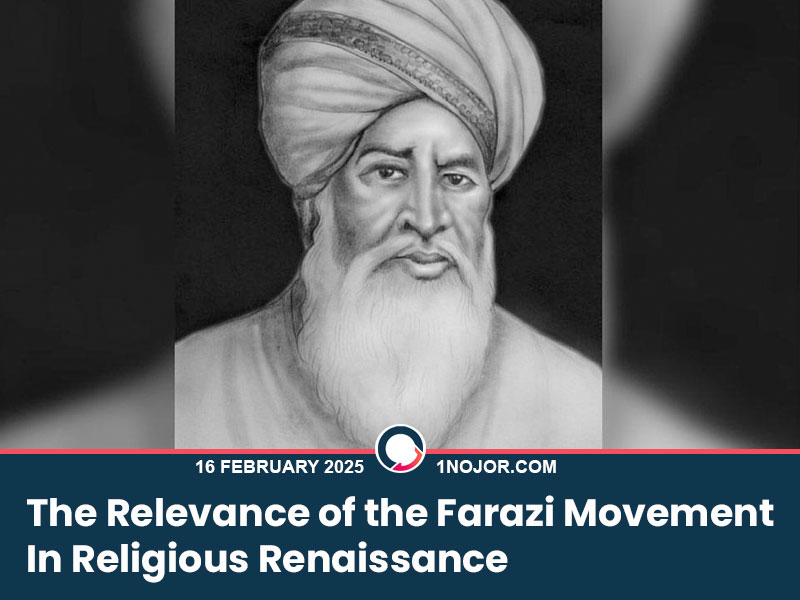
Faraizi Movement Still Relevant in Religious Revival
The Faraizi Movement was one of the most significant struggles against British imperialist mercantile power in the Indian subcontinent. Holding a crucial place in Bengal’s history, the movement was not only a religious revival but also a catalyst for social and political change. Under British rule, the religious beliefs, practices, and customs of the Muslims in the subcontinent underwent drastic changes. Foreign cultural influences infiltrated Muslim society, leading many to drift away from their religious obligations. In this context, Haji Shariatullah (1781-1840) launched the movement in 1818 to revive the forgotten religious consciousness among Bengali Muslims and guide them back to fulfilling the obligatory duties of Islam.

